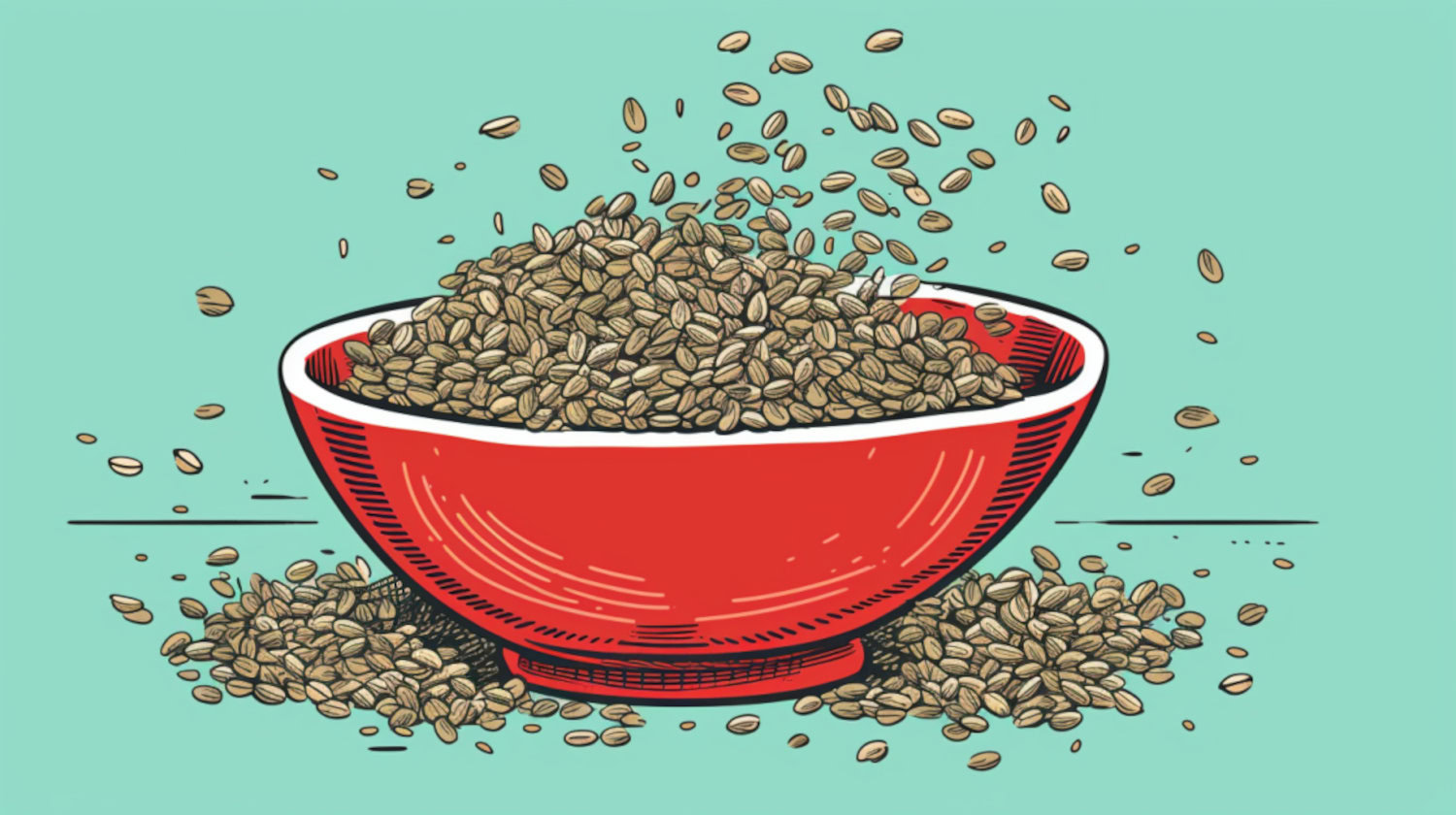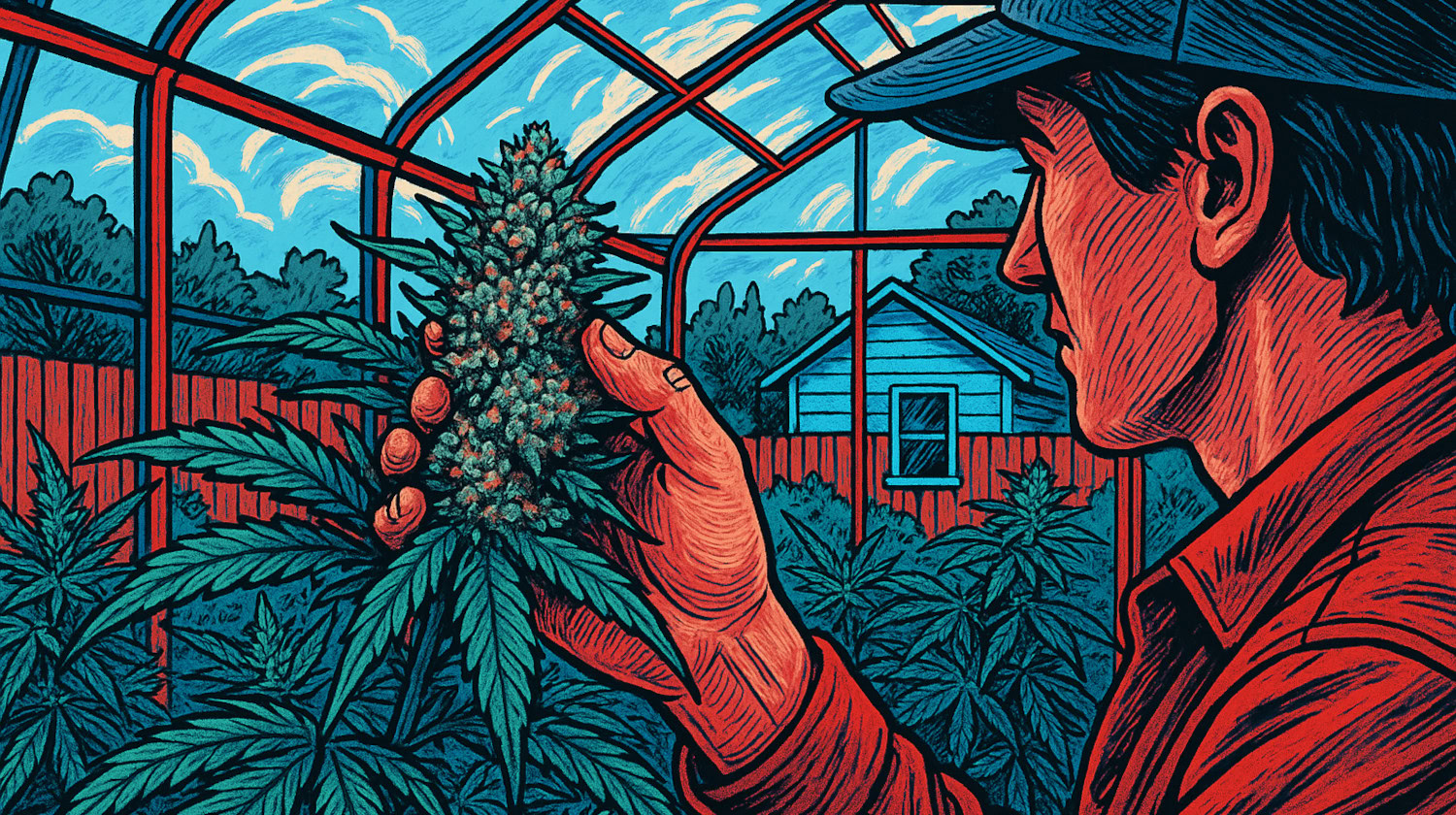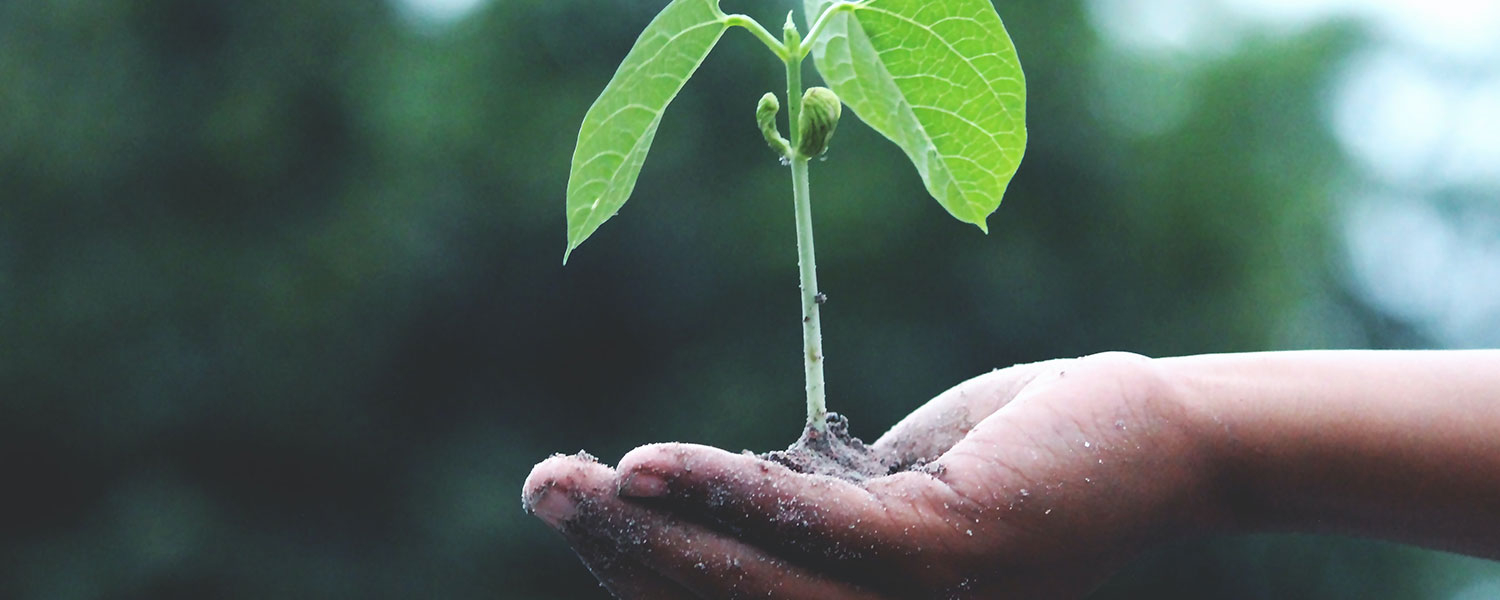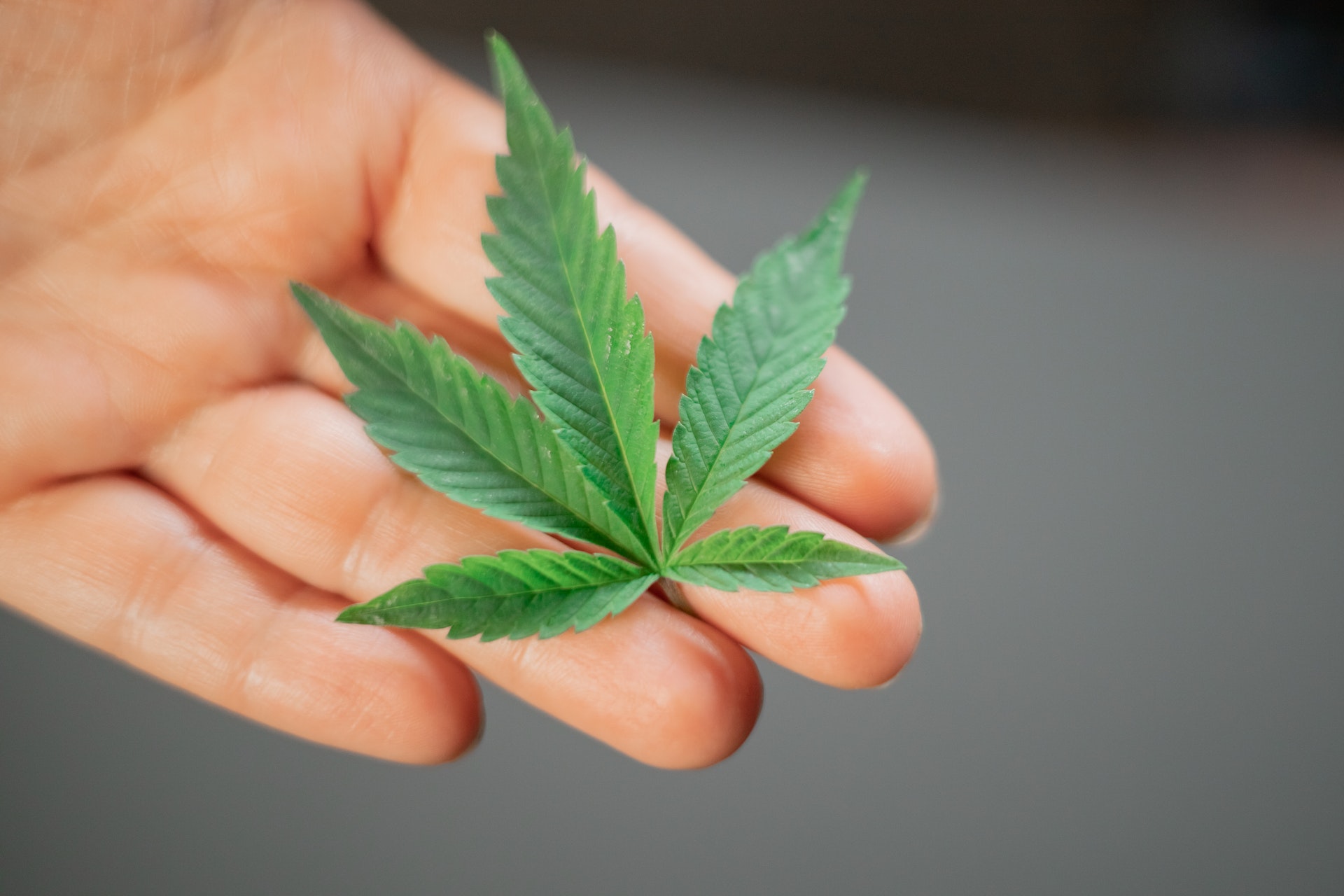In This Article
- What are Medical Marijuana Seeds?
- Advantages of Growing Medical Seeds
- Reasons to Grow Your Own Medical Cannabis
- Drawbacks of Growing Medical Seeds
- How to Choose Medical Seeds to Grow
- Where to Get Medical Marijuana Seeds
- 10 Popular Medical Marijuana Seeds
- Ice Cream Cake
- Blue Dream
- GSC (Girl Scout Cookies)
- OG Kush
- Gelato (Gelato #41)
- Sour Diesel
- Northern Lights
- Cannatonic
- Harlequin
- Black Magic Kush
- How much are medical seeds?
- Am I allowed to grow my own medical cannabis seeds?
- Are there feminized medical marijuana seeds?
- Do auto-flower medical seeds exist?
- Do medical seeds have specific requirements compared to normal weed seeds?
- What is the growing time for medical seeds?
- When should medical seeds be harvested?
- Can Plant Growth Regulators (PGRs) be used with medical seeds?
- Conclusion
- References
Key Takeaways
- Medical marijuana seeds allow patients to grow their own plants, ensuring they get the desired effects year round.
- It’s best to choose strains based on the symptoms being managed, effects needed, terpenes, and cannabinoid ratios.
- Strains like Blue Dream, OG Kush, Sour Diesel, Northern Lights, and Cannatonic are popular.
Growing your own medical cannabis offers a range of benefits. For starters, it provides greater control over the quality and cultivation methods used, guaranteeing the absence of harmful chemicals or pesticides that might compromise the plant's therapeutic properties.
Not to mention the fact that cultivating cannabis can be a deeply rewarding experience, offering a connection to the growth cycle and a sense of accomplishment as the plant flourishes under one's care.
However, the success of any cannabis cultivation lies first in selecting the right seeds. Choosing high-quality seeds tailored to one's medical needs and growing conditions lays the foundation for a successful harvest.
What are Medical Marijuana Seeds?
Medical marijuana seeds are often carefully bred and selected for their specific effects. These seeds yield cultivars with distinct cannabinoid and terpene profiles that may often cater to various medical needs. Whether seeking relief from chronic pain, anxiety, insomnia, or other health concerns, these specialized seeds may offer patients a more targeted approach to addressing their specific ailments.
Medical patients may decide to grow their own cannabis plants for a variety of reasons. First, it gives patients a sense of empowerment and control over their treatment. By nurturing the growth of their own plants, patients gain a deeper understanding of the cultivation process and the plant's therapeutic potential. Not only that, but cultivating cannabis at home provides a level of assurance regarding the purity and quality of the final product.
Growing medical cannabis also allows patients to tailor the cultivation process to their unique requirements. Whether aiming for specific cannabinoid concentrations, particular terpene profiles, or unique combinations that target specific health conditions, growing your own cannabis plants offers a degree of customization that might not be readily available through commercially produced products.
Advantages of Growing Medical Seeds

Reasons to Grow Your Own Medical Cannabis
- Short-term and Long-term Savings - While the initial investment in medical seeds might seem costly, cultivating your own cannabis plants can significantly offset expenses over time. The ability to produce a personal supply reduces reliance on dispensaries and commercial sources, leading to long-term savings.
- Quality Control - Growing medical cannabis from carefully selected seeds allows for meticulous quality control. Patients have control over cultivation methods, guaranteeing the absence of harmful chemicals and optimizing growth conditions to produce high-quality, potent cultivars tailored to their specific needs (so long as they put in the work, of course).
- Customized THC Content - Medical seeds offer the advantage of tailoring THC (tetrahydrocannabinol) levels in the cultivars. Patients can select seeds that are intended to yield specific THC concentrations, whether high or low, providing precise control over the intoxicating properties of the cannabis they consume.
Drawbacks of Growing Medical Seeds
- Legality Concerns - Despite the legality of medical cannabis in certain jurisdictions, there might still be regulatory limitations or ambiguities surrounding home cultivation. Understanding and complying with local laws and regulations can be a hurdle for aspiring cultivators.
- Bureaucratic Requirements - Acquiring permits, adhering to zoning laws, and meeting regulatory compliance can be bureaucratic hurdles for those seeking to grow medical cannabis at home. These administrative processes might pose challenges or require extensive paperwork.
- Cultivation Effort - Successfully growing cannabis demands time, effort, and attention to detail. From maintaining proper lighting, humidity, and temperature to addressing potential pests or diseases, cultivation requires a significant time and energy commitment.
- Growing Time - Like any plant, cannabis cultivation is not instantaneous. Plants require a specific growth cycle that can span several months from seed to harvest, demanding patience and consistent care throughout the entire process.
- Specialized Needs - Certain cultivars need specialized growing conditions, which can be difficult for novice cultivators or those with limited resources or expertise.
How to Choose Medical Seeds to Grow

Selecting the right medical seeds is necessary to cultivate cannabis tailored to specific therapeutic needs. Here are some key things to keep in mind:
- Cultivar Selection - Different cultivars of cannabis offer distinct effects and potential therapeutic benefits. Consider whether you seek cultivars known by patients for pain relief, anti-anxiety properties, sedation, or other specific effects. For instance, some prefer certain cultivars for nighttime due to their relaxing properties, while others might like cultivars for daytime use and their potential energizing effects.
- Use Case and Symptoms - Identify the specific medical conditions or symptoms you aim to address. Certain cultivars high in THC, myrcene, and beta-caryophyllene have been reported to offer relief for conditions like migraines, chronic pain, inflammation, anxiety, or insomnia.1 Researching cultivars known for targeting particular symptoms can aid in narrowing down the options.
- Daytime vs. Nighttime Cultivars - Consider the timing of usage. It may take some trial and error to find out which cultivars work best for you as an individual and which are best to use during specific times of the day.
- Cannabinoid Ratios (THC vs. CBD) - Understand the cannabinoid content of the cultivars. Some individuals may benefit from higher CBD (cannabidiol) content for its non-intoxicating therapeutic effects, while others might prefer higher THC levels for its intoxicating properties.
- Terpene Profiles - Terpenes, aromatic compounds in cannabis, contribute to its aroma and potential therapeutic effects. Different terpenes, such as β-caryophyllene, β-myrcene, linalool, or limonene, may offer potential anti-inflammatory, relaxing, or uplifting properties.2 Understanding terpene profiles can aid in selecting cultivars with desired therapeutic effects.
Where to Get Medical Marijuana Seeds
In some regions where medical cannabis is legal, dispensaries might offer medical marijuana seeds. However, not all dispensaries provide seeds for sale. Those that do may have a limited selection, and availability can vary based on local regulations and the dispensary's offerings.
On the other hand, seed banks and online retailers dedicated to cannabis seeds often serve as reliable sources for medical marijuana seeds. These establishments typically offer a more comprehensive selection of cultivars and seed varieties suited for medicinal use. They often provide detailed information about the seeds' genetics, cannabinoid profiles, and potential therapeutic effects. Online retailers can be accessible to patients in regions where home cultivation for medical purposes is legal.
Similarly, some specialized seed breeders focus on developing cultivars tailored explicitly for specific symptoms. These breeders may offer seeds with precise cannabinoid ratios, terpene profiles, and targeted therapeutic properties. Engaging with reputable breeders can provide access to unique and highly specialized seeds.
For those in regions with stricter cannabis laws or where medical cannabis cultivation is prohibited, acquiring seeds might pose legal challenges. But while the DEA still considers cannabis a Schedule I controlled substance, the agency has stated that cannabis seeds, so long as they contain less than 0.3% THC, meet the definition of hemp, which, following the 2018 Farm Bill, means it is not subject to the Controlled Substances Act.
So, with that said, in those jurisdictions in which medical or recreational cannabis has been legalized, patients should also have legal access to medical seeds.
10 Popular Medical Marijuana Seeds

Ice Cream Cake
This is a possible cross between Wedding Cake and Gelato #33 (or Dream Cookie and Cheese Cake, depending on the cultivator).
- Characteristics: This cultivar offers a sweet, creamy, nutty aroma with vanilla hints.
- THC to CBD ratio: Ice Cream Cake is typically a high-THC cultivar with little CBD.
- Use Case / Effect: Patients often report Ice Cream Cake to be beneficial for anxiety, stress, and pain.
Blue Dream
A cross between Blueberry and Haze, Blue Dream (or Azure Haze) is a well-known cultivar.
- Characteristics: This cultivar delivers sweet, berry flavors and a sugary aroma with hints of earthy pine.
- THC to CBD ratio: Blue Dream's THC to CBD ratio is typically around 17-24% THC and 1-2% CBD.
- Use Case / Effect: Patients often report Blue Dream to be beneficial for anxiety, stress, and depression.
GSC (Girl Scout Cookies)
A cross between OG Kush and Durban Poison, GSC is a popular cultivar amongst cannabis enthusiasts.
- Characteristics: This cultivar can have a sweet, earthy aroma with hints of mint and spice.
- THC to CBD ratio: GSC's THC to CBD ratio is typically around 18-28% THC and 1-2% CBD.
- Use Case / Effect: Patients often report GSC to be beneficial for anxiety, stress, and depression.
OG Kush
OG Kush is a classic cultivar with a strong, pungent aroma known for its powerful effects.
- Characteristics: This cultivar may have a strong, pungent aroma with hints of pine, citrus, and other kush flavors.
- THC to CBD ratio: The THC to CBD ratio of OG Kush is typically around 18-23% THC and 0-1% CBD.
- Use Case / Effect: Patients often report OG Kush to be beneficial for anxiety, stress, and pain.
Gelato (Gelato #41)
A cross between Sunset Sherbet and Thin Mint GSC, Gelato is known for its sweet, fruity flavor and balanced effects.
- Characteristics: This cultivar typically has a sweet, fruity aroma with hints of berry and citrus and is known for its pleasant body high.
- THC to CBD ratio: The THC to CBD ratio of Gelato is generally around 18-25% THC and 0-1% CBD.
- Use Case / Effect: Patients often report Gelato #41 to be beneficial for anxiety, stress, and depression.
Sour Diesel
Sour Diesel is a classic Chemdawg and Super Skunk cross with a pungent aroma, intense effects, and sharp, citrus flavor.
- Characteristics: This cultivar generally has a fragrant, fuel-like aroma with cerebral, euphoric effects.
- THC to CBD ratio: The THC to CBD ratio of Sour Diesel is typically around 18-22% THC and 0-2% CBD.
- Use Case / Effect: Patients often report Sour Diesel to be beneficial for anxiety, stress, and depression.
Northern Lights
Northern Lights is an award-winning cultivar with a sweet, spicy aroma. It is known for its relaxing effects and sedative properties.
- Characteristics: This cultivar has a sweet, earthy aroma that is very smooth on the exhale.
- THC to CBD ratio: Northern Lights's THC to CBD ratio is typically around 15-20% THC and 0-1% CBD.
- Use Case / Effect: Patients often report Northern Lights to be beneficial for anxiety, stress, and pain.
Cannatonic
Cannatonic is a cultivar known for its balanced CBD-to-THC ratio and relaxing effects.
- Characteristics: This cultivar generally has a sweet, earthy aroma with hints of citrus, pine, and slightly purple trichomes.
- THC to CBD ratio: The THC to CBD ratio of Cannatonic is typically around 5-10% THC and 5-15% CBD.
- Use Case / Effect: Patients often report Cannatonic to be beneficial for anxiety, stress, and pain.
Harlequin
Harlequin is a CBD-rich cultivar known for its uplifting effects.
- Characteristics: This cultivar tends to have a sweet, tropical aroma with hints of mango and citrus.
- THC to CBD ratio: Harlequin's THC to CBD ratio is typically around 5-10% THC and 8-16% CBD.
- Use Case / Effect: Patients often report Harlequin to be beneficial for anxiety, stress, and pain.
Black Magic Kush
Black Magic Kush is a cultivar known for its relaxing effects and sedative properties.
- Characteristics: This cultivar tends to offer sweet and herbaceous aromas with hints of berry and citrus.
- THC to CBD ratio: Black Magic Kush is a high-THC cultivar with little CBD.
- Use Case / Effect: Patients often report Black Magic Kush to be beneficial for anxiety, stress, and insomia.
How much are medical seeds?
The cost of medical marijuana seeds can vary, typically ranging between $3 and $30 per seed. Prices may fluctuate based on cultivar rarity, genetics, and breeders.
Am I allowed to grow my own medical cannabis seeds?
Regulations regarding growing medical cannabis seeds vary by state and country. In most medical marijuana-legalized regions, patients are allowed to cultivate a limited number of mature plants for personal use. Generally, medical cultivation permits range from 4 to 6 mature plants per patient; you should always verify specific local laws before cultivation.
Are there feminized medical marijuana seeds?
Yes, there are feminized medical marijuana seeds available. These seeds are specifically bred to produce only female plants, which are desired for their cannabinoid-rich buds.
Do auto-flower medical seeds exist?
Absolutely. Auto-flowering medical seeds are available and favored by growers because they can transition from the vegetative stage to the flowering stage based on age rather than changes in light cycles.
Do medical seeds have specific requirements compared to normal weed seeds?
The requirements for growing medical cannabis seeds can vary based on the specific cultivar being grown, and this goes for other cannabis seeds as well.
What is the growing time for medical seeds?
The growing time for medical marijuana seeds depends mainly on the cultivar being grown. It can range from a few weeks to several months before plants are ready for harvest.
When should medical seeds be harvested?
The optimal time for harvesting medical marijuana seeds differs based on the cultivar and the desired effects. Generally, the harvesting time is determined by observing the plant's trichomes and may vary from 8 to 14 weeks from seedling to harvest.
Can Plant Growth Regulators (PGRs) be used with medical seeds?
No study has been conducted on the impact of cannabis cultivated using plant growth regulators (PGRs) on humans, and there is no conclusive scientific result yet. However, there is enough evidence regarding plant growth regulators to confidently state that the potential risks to consumers should not be overlooked. Therefore, considering the medicinal properties sought after with medical seeds, it may be best to avoid using PGRs.
Conclusion
While the cultivation of medical marijuana seeds offers a rewarding journey for some, it may not be feasible for everyone due to various constraints such as cost, time commitments, environmental limitations, or legal complexities.
For those seeking a convenient alternative, platforms like NuggMD present a hassle-free option to acquire high-quality medical-grade cannabis without the need for personal cultivation. NuggMD offers a streamlined process for obtaining medical cannabis cards that give you access to a wide range of products at cannabis dispensaries.
References
- Baron EP, Lucas P, Eades J, Hogue O. Patterns of medicinal cannabis use, strain analysis, and substitution effect among patients with migraine, headache, arthritis, and chronic pain in a medicinal cannabis cohort. Journal of Headache and Pain. 2018;19(1). doi:https://doi.org/10.1186/s10194-018-0862-2 ↩︎
- Rocha ED, Silva VE, Pereira FC, et al. Qualitative terpene profiling of Cannabis varieties cultivated for medical purposes. Rodriguésia. 2020;71. doi:https://doi.org/10.1590/2175-7860202071040 ↩︎
The information in this article and any included images or charts are for educational purposes only. This information is neither a substitute for, nor does it replace, professional legal advice or medical advice, diagnosis, or treatment. If you have any concerns or questions about laws, regulations, or your health, you should always consult with an attorney, physician or other licensed professional.




